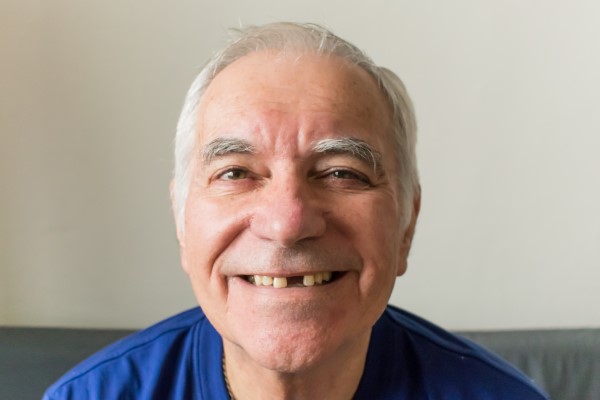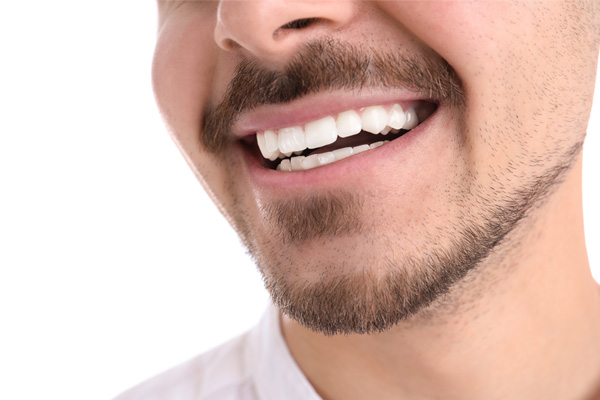Emergency Dentistry Visit for a Knocked-out Adult Tooth

If you are dealing with a knocked-out tooth, emergency dentistry is crucial. It is one of those injuries that tend to occur at the worst possible times. Most people think that their damaged tooth is lost forever once it falls out, but that is not true.
Emergency dentistry includes treatments like re-attaching a knocked-out tooth. Knocked-out teeth can be reattached if you make it to a dentist within a couple of hours of the injury. When a tooth is knocked out, the first thing that you should do is to secure it and store it in saliva or in a glass of milk. Read on to learn more about how emergency dentistry can address a knocked-out tooth.
Emergency dentistry options for a knocked-out tooth
A knocked-out tooth counts as a dental emergency because the patient needs to get to a clinic within two hours of the injury for the best outcome. If they can make it to the clinic within that window, there is a good chance that a dentist will be able to reattach the tooth.
Leaving a knocked-out tooth untreated should never be an option because living with a missing tooth comes with severe consequences, like the remaining teeth moving out of their natural positions as they try to close the space created by the missing tooth.
A missing tooth can lead to the bone tissues around where it was anchored disintegrating due to not being stimulated. It can also cause aesthetic issues.
Things that people with missing teeth should do to increase the odds of a dentist being able to re-attach it include:
- Locate and preserve the tooth: The first thing that patients should do if a tooth becomes knocked out is to find it; then, it should be placed in a saline solution, milk, or saliva to preserve it
- Get emergency care: Patients should head to a dentist immediately to get the tooth reattached
The dentist will examine the patient once they come to the clinic to determine how damaged the tooth is and whether it can be saved. The quicker that the patient gets to the clinic, the higher the chances of the dentist being able to re-attach the tooth. A tooth that is knocked out cleanly will be easier to re-attach than one that was fractured as it came out.
The re-attachment process
Re-attaching a knocked-out tooth typically involves using wires and other dental tools to hold the reattached tooth in place. These wires typically stay in the patient’s mouth for a few months before being removed. At that point, new bone tissues should be holding the tooth firmly in place, just like before. If the dentist cannot re-attach the tooth, other options, such as dental implants, will be explored.
Frequently asked questions about knocked-out teeth
Many patients may be dealing with a knocked-out tooth. Let us take a look at the answers to frequently asked questions that they might have.
1. What should I do if a tooth is knocked out of my mouth?
If a tooth is knocked out, the first thing that the person should do is find it. Avoid touching the tooth’s root while handling it, since that can cause additional damage. Grab the tooth by its crown and gently rinse it in warm water. Do not use any soap or try to scrub or dry the tooth when cleaning it.
Try placing the tooth back in its socket if possible, but do not force it in. if the tooth cannot be repositioned in the mouth, store it in warm milk or saliva. Do not store the tooth in standard tap water because that can kill cells in the root if the tooth is left in it for prolonged periods. Head to a dentist immediately to get the tooth reattached. The earlier that the patient sees a dentist, the higher the odds of the tooth being successfully reattached.
2. How long does a reattached knocked-out tooth take to heal?
It can take up to four weeks for the root of a knocked-out tooth to reattach to the bone tissues surrounding it in the tooth’s socket. If the bone structures around the tooth are also damaged, it can take up to eight weeks for the region to heal and for the tooth to be firmly reattached.
Get emergency care for your injured tooth
Our dental office can help with dental emergencies like a knocked-out tooth. Stop by or give us a call for urgent dental care.
Request an appointment here: https://www.thanasasdds.com or call Thanasas Family Dental Care at (248) 260-2878 for an appointment in our Troy office.
Check out what others are saying about our dental services on Yelp: Emergency Dentist in Troy, MI.
Recent Posts
Toothaches can range from a minor annoyance to a debilitating condition. If you have severe pain from a toothache, an emergency dentist may be able to provide treatment to ease your symptoms and heal the underlying condition. While you normally have to wait several days for a regular dental appointment, emergency dentists make it a priority…
Pain or discomfort in your mouth might call for an emergency dentist. Emergency dentists often treat cracked or broken teeth, knocked-out teeth, and severe mouth pain. Some swollen jaws are considered dental emergencies as well. Read on to learn what constitutes a swollen jaw emergency and how emergency dentists can help.If the swelling in your…
Most dental care can be done at your regular dentist on your schedule. However, some types of care need the immediate attention of an emergency dentist. Assessing the type and severity of your symptoms is the key to determining when you need emergency care. The faster you act, the better your outcome is likely to…
If you have a broken tooth, you need to visit an emergency dentist as soon as possible. Continue reading to learn how a dentist will treat the affected tooth. You may be tempted to delay the visit if you are not experiencing pain, swelling, or bleeding, but this is not advisable. By the time pain…


